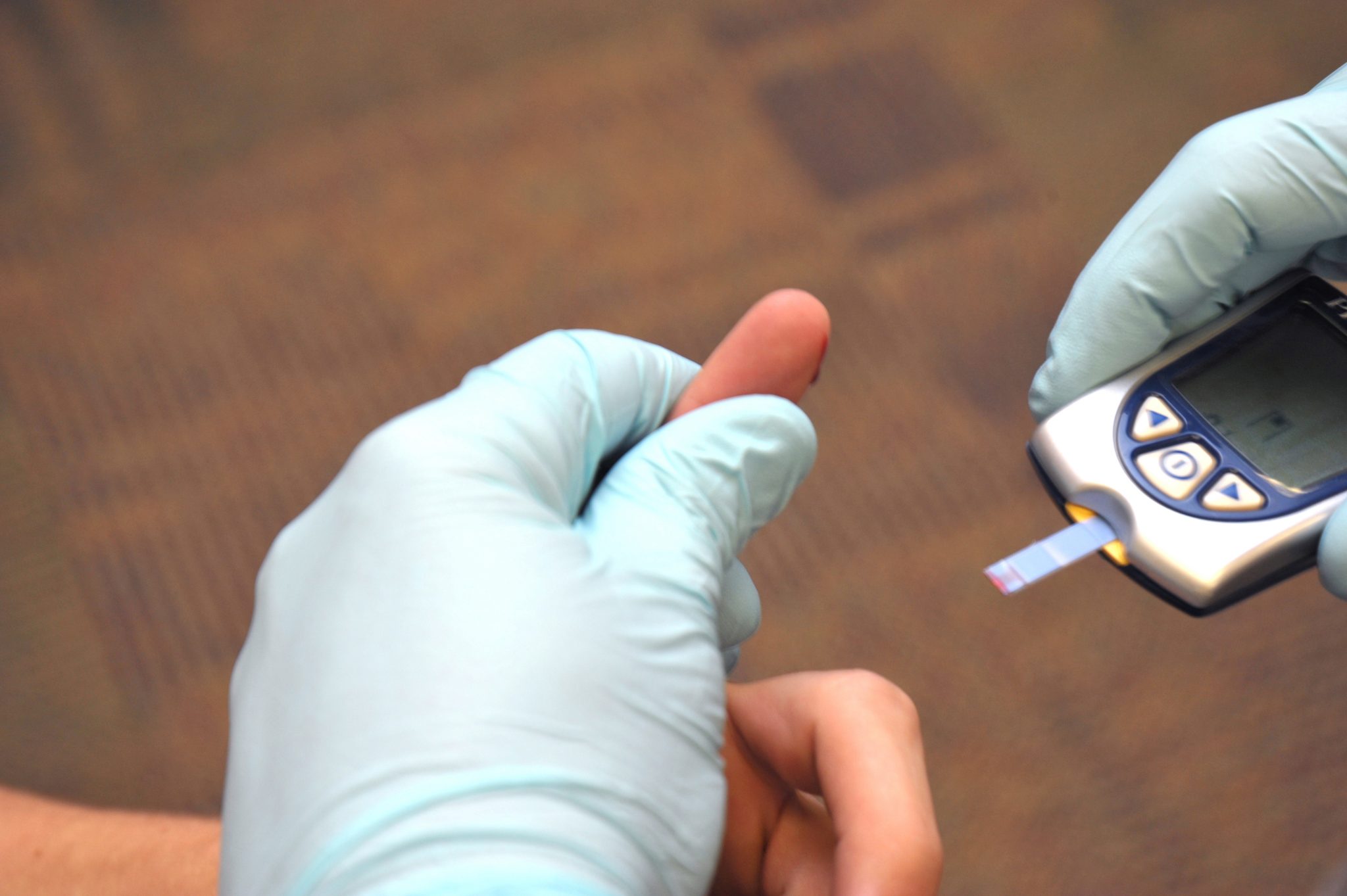The ones who suffer from diabetes know how important it is to control blood sugar levels. Extremely high blood glucose is fatal for health and makes the person feel lousy, depressed, and uneasy at all times. Mostly seriously high diabetic levels go unnoticed until the patient ends up in a life-threatening condition. Listed below are some warning signs and symptoms of high blood sugar levels which should never be ignored –
- Fatigue and tiredness at all times – Feeling exhausted, weak, and tired almost every hour of the day is one of the common signs of blood sugar emergencies. However, the level of fatigue may vary from one person to another. But even if it occurs at a mild degree, there are chances of high blood sugar fluctuations. This condition usually occurs when the person consumes sugar or carbs in large quantities. Reach out to the best endocrinologist in India if you feel extremely tired or exhausted.
- You pee too often – Normally, a person pees five to eight times within a day. But individuals with high diabetic levels may go peeing more than often. The reason being that glucose is reabsorbed in their body when passed through the kidneys. When the blood sugar level is pushed up, the kidneys fail to bring it back. Resultantly, the body takes more fluid from the body and makes urine in higher amounts. Also, a person with high diabetes gets very thirsty as they pee so much.
- Blurry vision – The eye lenses swell-up due to the high fluid levels in an individual’s body. The excess fluid starts to leak into the eye lens of the person. As a result, the eye shape of the person is changed, and they’re unable to focus. One of the first signs of high diabetic levels in men and women is blurred vision. When the lens change shape/swell up, it’s hard for the person to maintain focus through the eyes.
- Fungal infections – Yeast thrives on sugars. For this reason, diabetic people are more prone to infections around the intimate area, between toes and fingers, and under breasts. The body excretes sugar in the form of urine, sweat, and mucus when the diabetic level in a person is too high. The yeast colonizes because of the extra sugars present in the body. Consult your doctor immediately if you have any signs of yeast infection. There could be other causes for fungal infections, but its best to reach to an expert for help.
- Severe oral issues – Moderate amount of glucose level in your blood and saliva is a sign of a healthy body. But extremely high levels of a blood sugar boost the growth of harmful bacteria in the individual’s mouth. Eventually, it leads to the formation of plaque and generates issues like gum disease, bad breath, tooth decay, gingivitis, and cavities. The person may also develop signs of bleeding, tender, and swollen gums. In such cases, it’s best to seek professional help as soon as possible.
- Nerve malfunction/damage – High levels of blood sugar affects the nerve function in the long run. It causes nerve damage (neuropathy) in severe cases. The patient may develop burning sensation and feelings of numbness and tingle in their legs, feet, arms, and hands. If you find any of these signs, find the best diabetes hospital in India at the earliest.
What to do when you discover symptoms of high blood sugar?
If you discover any signs of hypoglycemia, inform your closed ones such as friends, family, friends, or co-workers. They could help you with some potential advice or make it easier to deal with this harsh condition. Discovering the symptoms alone will do no good. Proper treatment, right care, and timely medication are crucial to treating the condition.
Note that the symptoms of high blood sugar levels may vary according to the age and severity of the person’s condition. Therefore, it’s recommended to maintain a persistent check on your blood sugar levels. Most people fail to recognize the warning signs due to their ignorance. But it may prove out to be fatal and may lead to severe consequences like heart attack, kidney failure, stroke, etc. Consult an endocrinologist if hypoglycemia symptoms appear often. It could be a call for changing your treatment program, your dosage, or medication.











